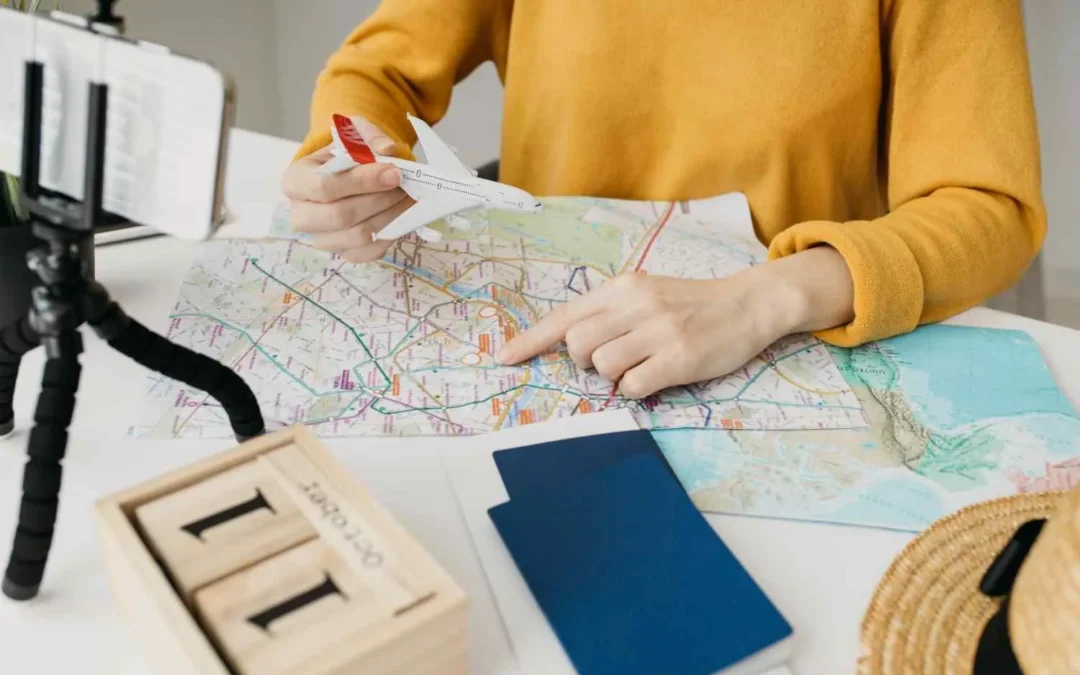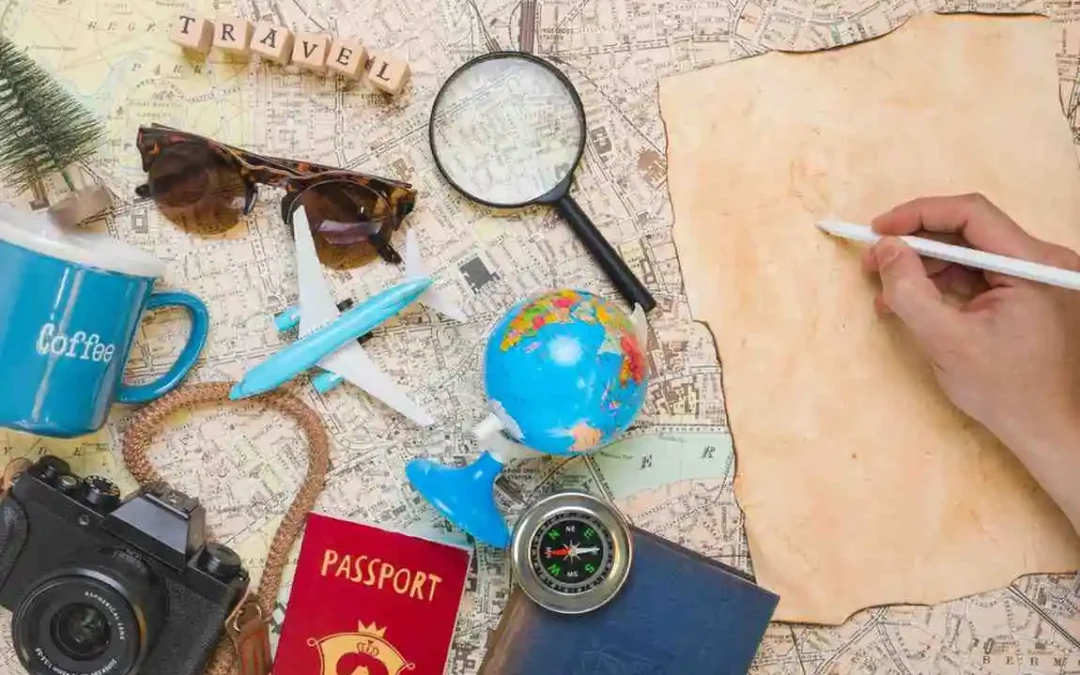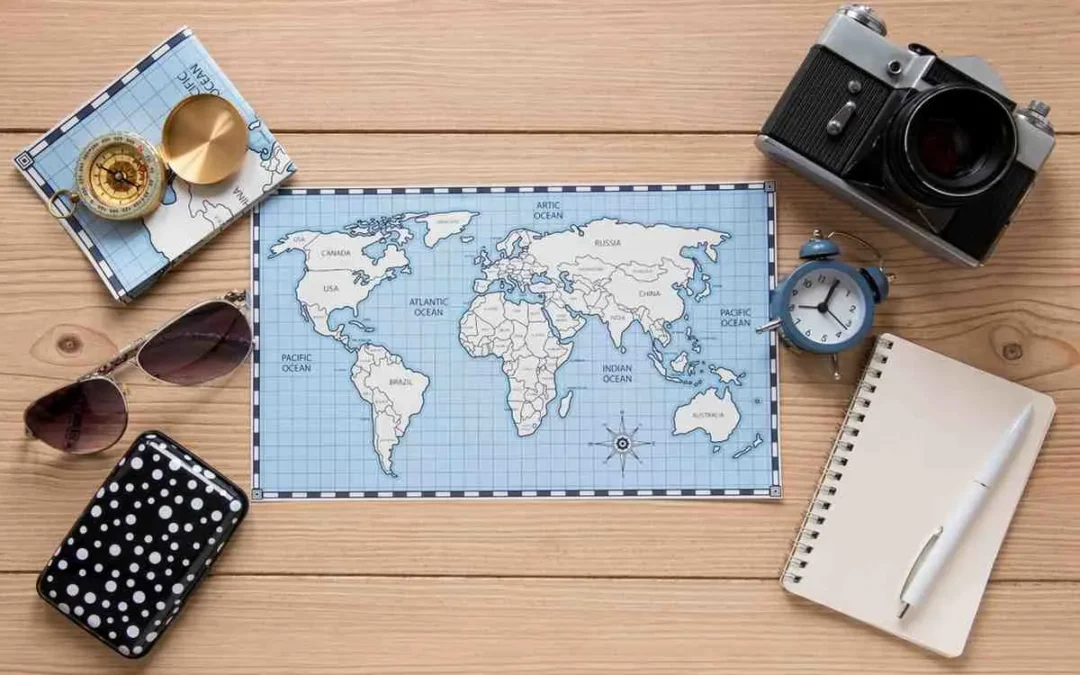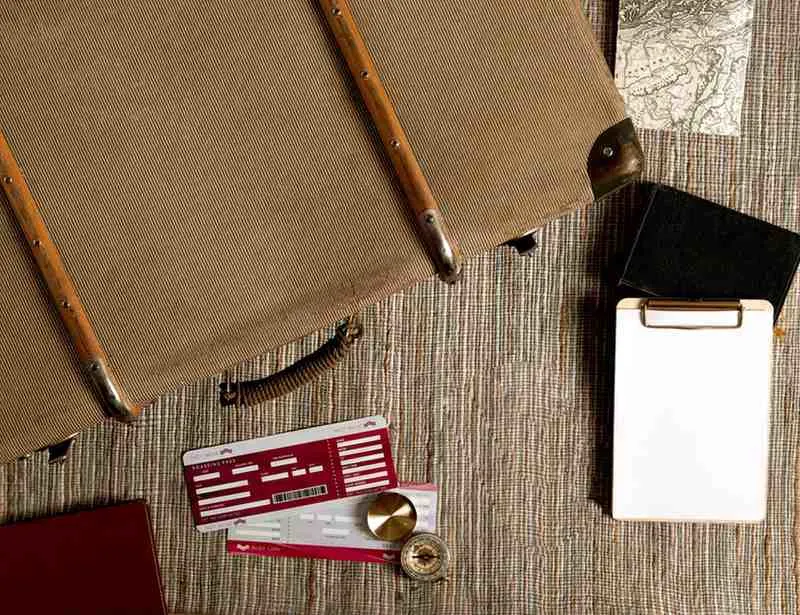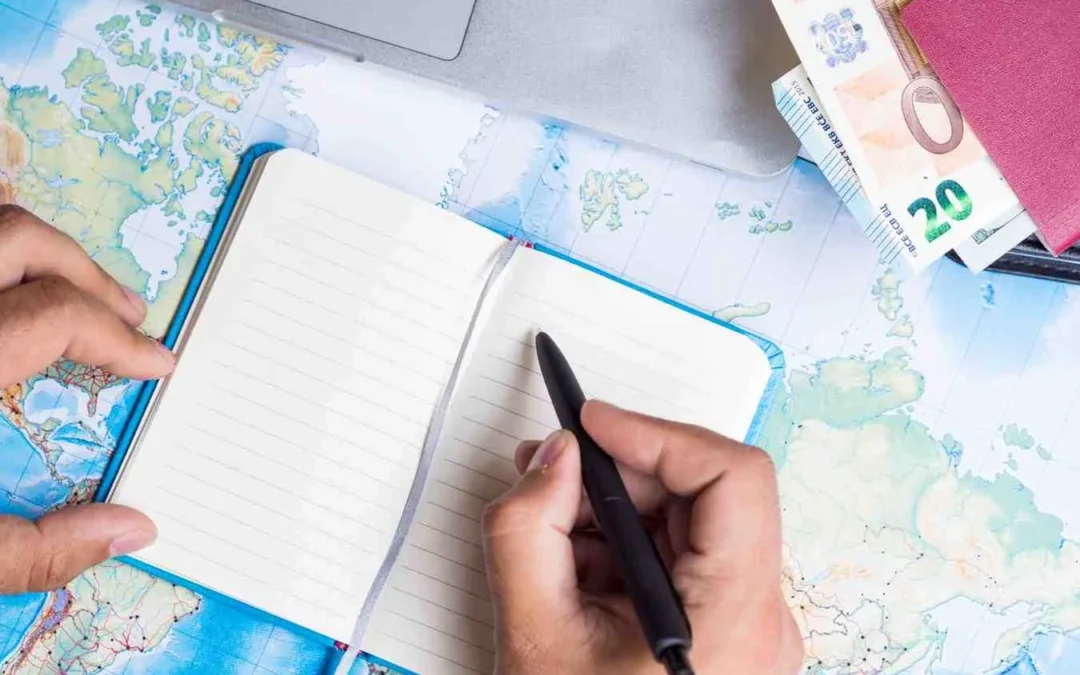Best Time to Visit Ghana: Ghana’s heartbeat changes with the seasons in ways most visitors never understand. Having lived in three regions over eight years, I’ve uncovered the hidden rhythms that make each month unique. This isn’t your typical weather report – it’s the real Ghana only long-term residents know.
Dry Season Truths (November-March)
That first December morning when the Harmattan rolls in stays with you forever. I remember waking in Tamale to find everything coated in fine red dust – my white curtains now pink, my coffee cup gritty. But this season brings magic too.
What No One Tells You:
- The dust gets everywhere – inside camera lenses, between book pages
- Night temperatures in the north can surprise you – I’ve woken shivering at 18°C
- Coastal humidity doesn’t disappear – you’ll still sweat in Accra
Proven Dry Season Strategies:
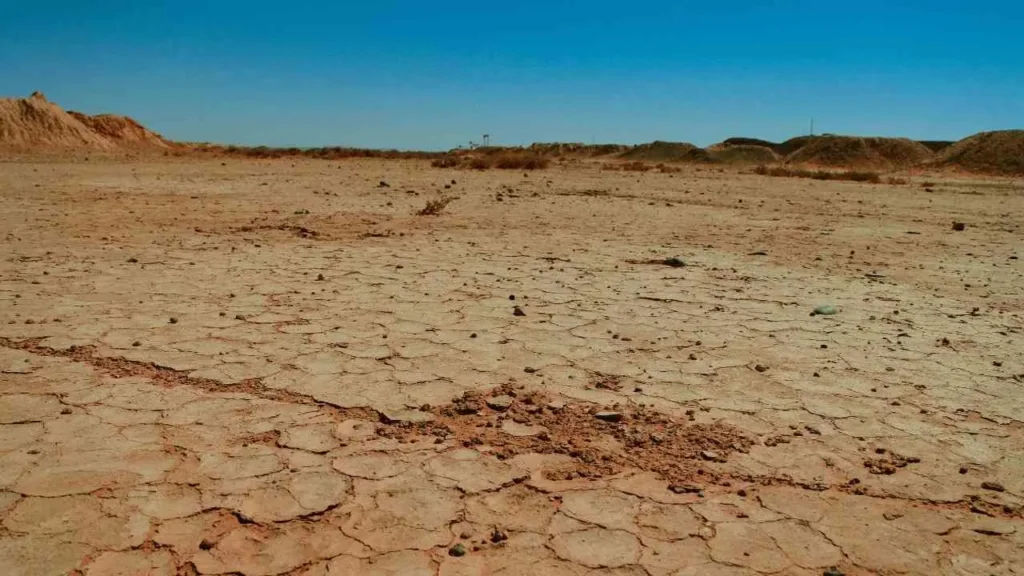
- Carry eyedrops – the dust irritates like nothing else
- Book Cape Coast hotels early – Christmas week sells out by October
- Visit Mole National Park in February when waterholes concentrate wildlife
Rainy Season Realities (April-October)
I learned the hard way that “afternoon showers” means different things across Ghana. In Kumasi, it’s a predictable 3pm downpour. In Axim, rains come suddenly – one minute sunny, the next you’re drenched.
Regional Rain Differences:
- Accra: Brief but intense – perfect for museum visits while it passes
- Kumasi: Longer showers that make red earth roads impassable
- Tamale: Sudden storms that flood streets within minutes
Rainy Season Wins:
✓ Empty beaches at Busua in June
✓ Lush backdrops for Ashanti region photos in August
✓ Cooler nights for sleeping without AC
Coastal Living Secrets
My two years in Sekondi-Takoradi taught me what guidebooks miss:
Little-Known Facts:
- Sea breezes stop around 5pm – evenings feel much hotter
- Harmattan affects coasts less – but still ruins hair routines
- September waves attract surfers but drown swimmers
Forest Zone Truths
Hiking Kakum in the rainy season changed my perspective. Yes, trails get muddy. But the payoff? Seeing rare Diana monkeys and hearing the forest come alive.
Essential Forest Knowledge:
- Morning hikes beat afternoon downpours
- Waterproof your bag – not just your clothes
- Local guides know which paths stay passable
Northern Ghana Survival Tips
March in Tamale tested my limits. 38°C by noon, dust storms by 3pm, then surprisingly cold at night. Here’s how locals cope:
Northern Wisdom:
- Drink 1.5x more water than you think you need
- Schedule activities for early morning/late afternoon
- Pack for all temperatures – I’ve worn a winter jacket at night in Mole
Month-by-Month Local Intel
January:
- Turtle hatching peaks at Ada
- Hotel prices spike post-New Year
- Best harmattan-free photography window
April:
- Easter processions in Elmina worth planning around
- First rains make roads slippery overnight
- Mango season begins – try the juicy local varieties
July:
- Panafest crowds smaller than pre-COVID but growing
- Rain boots become essential in Kumasi
- Coolest month for northern travel
October:
- Yam festival season across the north
- Migrating birds return to coastal wetlands
- Last chance for storm photography
5 Truly Local Tips
- Market days shift with harvests – ask about “farmers market days”
- Tro-tros reduce routes in rains – have backup transport plans
- Fresh fish availability changes monthly – listen to fisherfolk
- Rural roads wash out fast – always check conditions
- Beach hotels drop prices more than city ones in low season
Packing Like a Pro
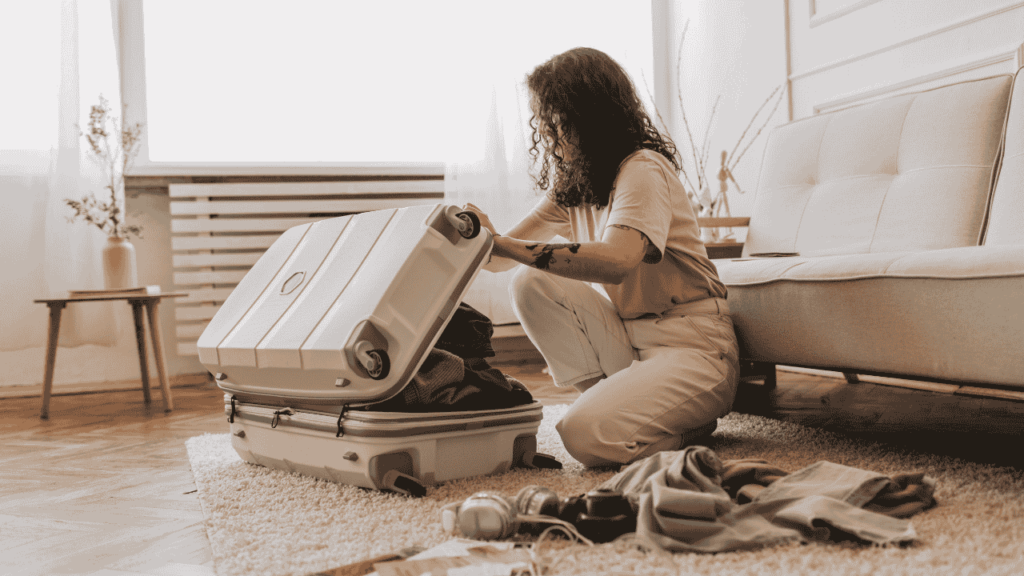
After ruining three cameras to humidity, here’s my foolproof list:
Dry Season:
- Ziplock bags for dust-sensitive items
- Saline nasal spray for dust irritation
- Light scarf for sudden cool evenings
Wet Season:
- Quick-dry underwear (trust me)
- Silica gel packets for electronics
- Waterproof shoes with grip for muddy trails
The Ghana You Won’t Find in Guides
Ghana travel isn’t about perfect weather. It’s about:
- Sharing umbrellas with strangers during sudden downpours
- Learning which fruits are in season from market women
- Discovering how festivals adapt to climate changes
Final Truth:(Best Time to Visit Ghana Ghana)
There’s no “bad” time – just different experiences. My favorite memories come from rainy season mishaps and harmattan surprises. Come with flexibility and Ghana will reward you.

